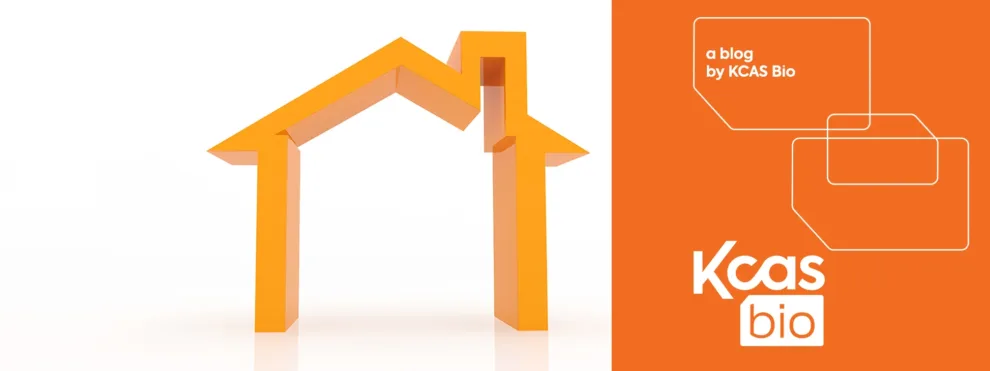Antibody-drug conjugates (ADCs) have been conventionally developed for a wide range of oncological applications since the first ADC approval in 2000 by the FDA. Typically, an ADC consists of three main components: antibody, linker conjugate, and therapeutic drug (payload). The mechanism of an ADC involves the antibody binding to a specific antigen on the cancer cell, leading to the internalization of the ADC into the cell where the cytotoxic drug is released leading to cell death1. Beyond oncology, ADCs have great potential in other therapeutic areas that include various autoimmune, cardiovascular, and neurological conditions due to their ability to target specific cells or tissues with minimal off-target2. This potential creates a need for various preclinical and clinical bioanalysis aspects and often requires multiple Pharmacokinetic (PK) assays.
Comparing PK Assay Modalities for ADCs – LBA vs. LC-MS/MS
PK assays play a key role in showcasing the safety and efficacy profiles of ADCs. The various assays generally include monitoring the total antibody (TAb: unconjugated and drug-conjugated antibody), ADC (drug-conjugated antibody), and levels of circulating free drug. LC-MS/MS assays are commonly adopted for free drug assays providing high specificity, often employing extraction techniques such as protein precipitation and solid phase extraction (SPE) combined with mass spectrometry (MS) detection. Some examples of these drugs include MMAE, SN-38, and CPT analogs. For TAb and ADC assays, ligand binding assay (LBA) or hybrid LC-MS/MS formats are typically developed.
The availability of critical reagents like antibodies for capture and detection plays a major role in deciding the modality to utilize for the development of both TAb and ADC assays. LBA platforms require both capture and detection reagents while hybrid-LC-MS/MS assays can be developed using one (capture) reagent along with MS detection. The phase and the size of the study, as well as the species involved, can also influence the choice of the assay format. Assuming all the critical reagents are available, LBA assay development and analysis tend to be more cost-effective compared to hybrid LC-MS/MS assays. Hybrid-LC-MS/MS offers the advantages of multiplexing and flexibility to monitor different parts of the molecule in the same assay format.
| Comparability between LBA and Hybrid LC-MS/MS for TAb and ADC Assays | |
| Ligand Binding Assay (LBA) | Hybrid LC-MS/MS |
| Require 2 critical reagents | Require only 1 critical reagent |
| Higher sensitivity | Higher Specificity |
| Typically requires low sample volume | Easier transition of methods between pre-clinical to clinical species via unique peptide monitoring |
| High throughput – faster sample analysis time | Potential to plex: can combine TAb and ADC assays into 1.5 assay format |
| Low sample analysis costs | Ability to monitor multiple parts of the molecule for stability assessment (parts of the Ab, linker, etc.) |
The KCAS Bio Difference: Both LBA and Hybrid LC-MS/MS Under One Roof
KCAS Bio offers both LBA and hybrid LC-MS/MS assay development under one roof, ensuring flexibility and streamlined collaboration. Our integrated approach allows seamless transitions from one approach to the other or parallel work between both platforms, especially important for samples sensitive to freeze/thaw stability. By housing both technologies together under one roof, we simplify cost comparisons, helping you identify the most effective path forward. With short lead times and synchronized teams supported by advanced forecasting, KCAS Bio is your trusted partner for efficient, tailored assay solutions.
References:
- Chau CH, Steeg PS, Figg WD. Antibody-drug conjugates for cancer. Lancet. 2019 Aug 31;394(10200):793-804. doi: 10.1016/S0140-6736(19)31774-X. PMID: 31478503.
- McPherson MJ, Hobson AD. Pushing the Envelope: Advancement of ADCs Outside of Oncology. Methods Mol Biol. 2020;2078:23-36. doi: 10.1007/978-1-4939-9929-3_2. PMID: 31643047.
Questions about this topic? Or looking to connect with one of our experts? Fill out the form below and we’ll be in touch!

